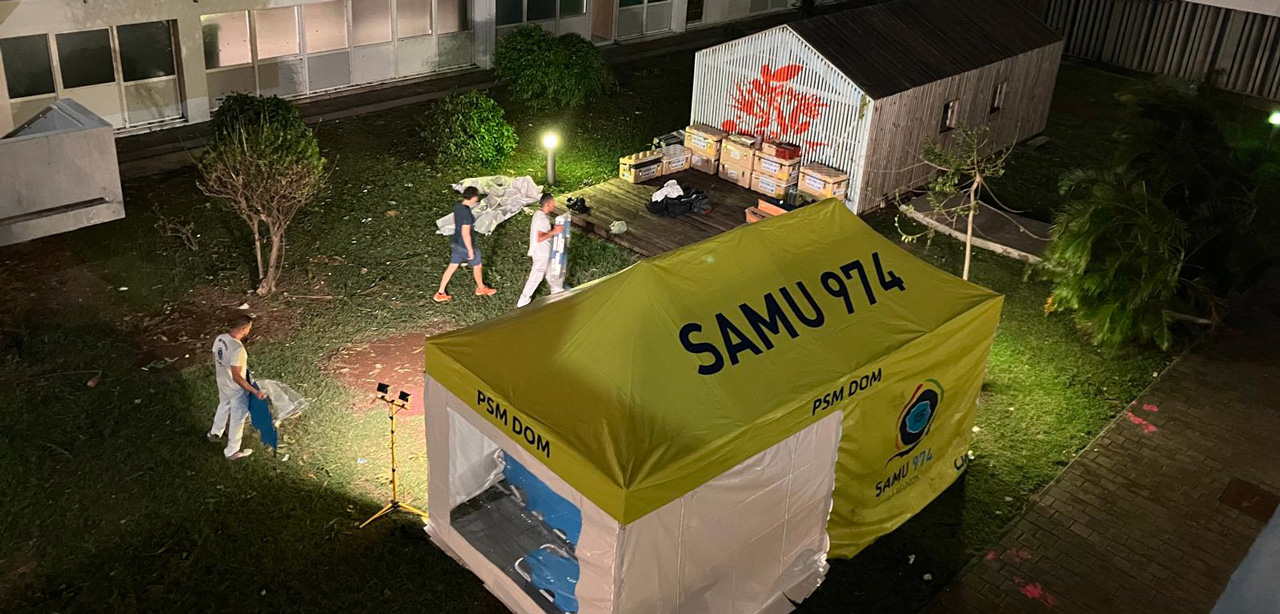Diseases caused by arboviruses are on the increase worldwide. In addition to arthropod bites, most arboviruses can be transmitted via accessory routes. Products of human origin (labile blood products, solid organs, hematopoietic stem cells, tissues) present a risk of contamination for the recipient if the donation is made when the donor is viremic. Mainland France and its overseas territories are exposed to a complex array of imported and endemic arboviruses, which differ according to their respective location. This narrative review describes the risks of acquiring certain arboviral diseases from human products, mainly solid organs and hematopoietic stem cells, in the French context. The main risks considered in this study are infections by West Nile virus, dengue virus, and tick-borne encephalitis virus. The ancillary risks represented by Usutu virus infection, chikungunya, and Zika are also addressed more briefly. For each disease, the guidelines issued by the French High Council of Public Health, which is responsible for mitigating the risks associated with products of human origin and for supporting public health policy decisions, are briefly outlined. This review highlights the need for a "One Health" approach and to standardize recommendations at the international level in areas with the same viral epidemiology.
Auteur : Pozzetto Bruno, Grard Gilda, Durand Guillaume, Paty Marie-Claire, Gallian Pierre, Lucas-Samuel Sophie, Diéterlé Stéphanie, Fromage Muriel, Durand Marc, Lepelletier Didier, Chidiac Christian, Hoen Bruno, Nicolas de Lamballerie Xavier
Viruses, 2023, vol. 15, n°. 9, p. 1783


